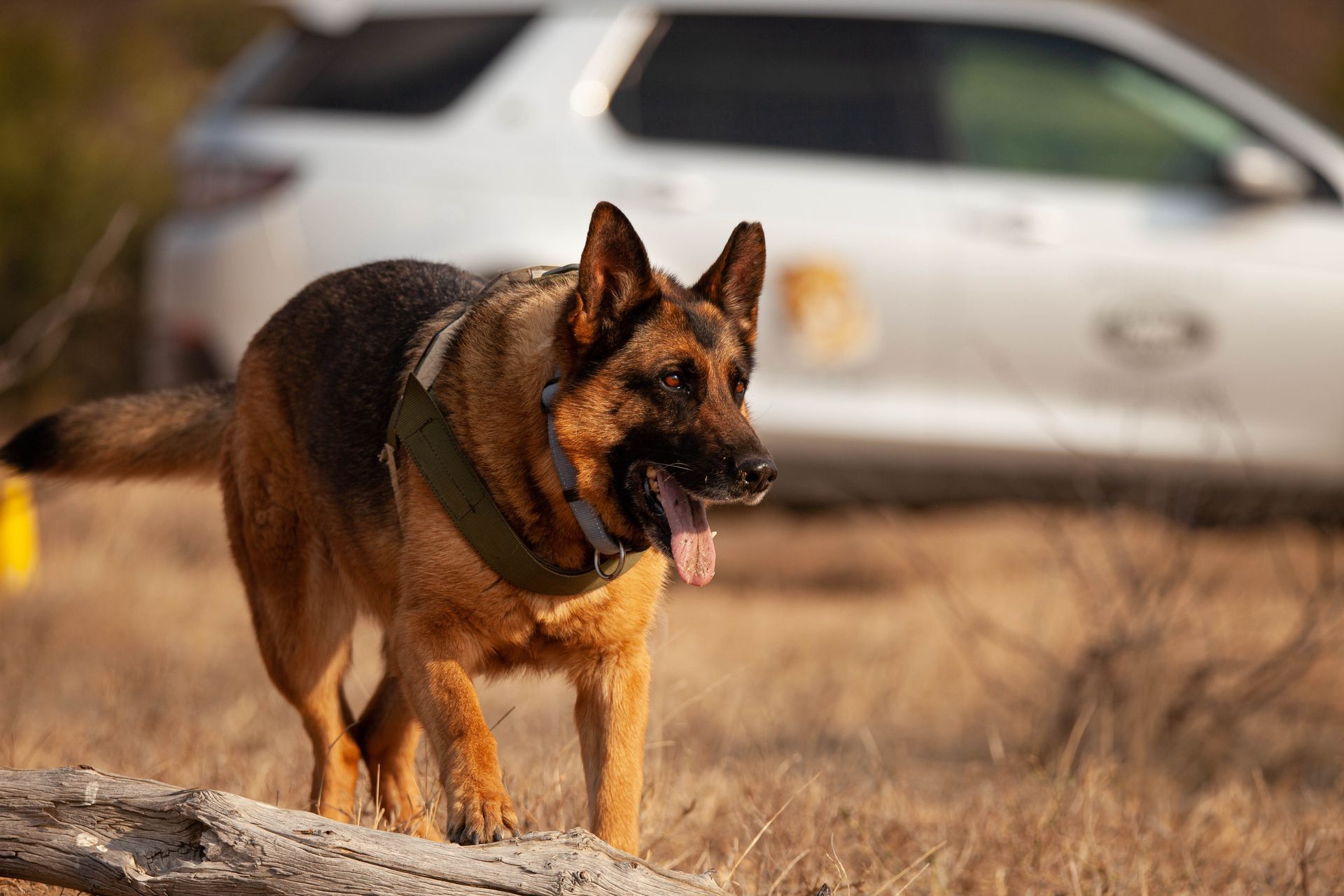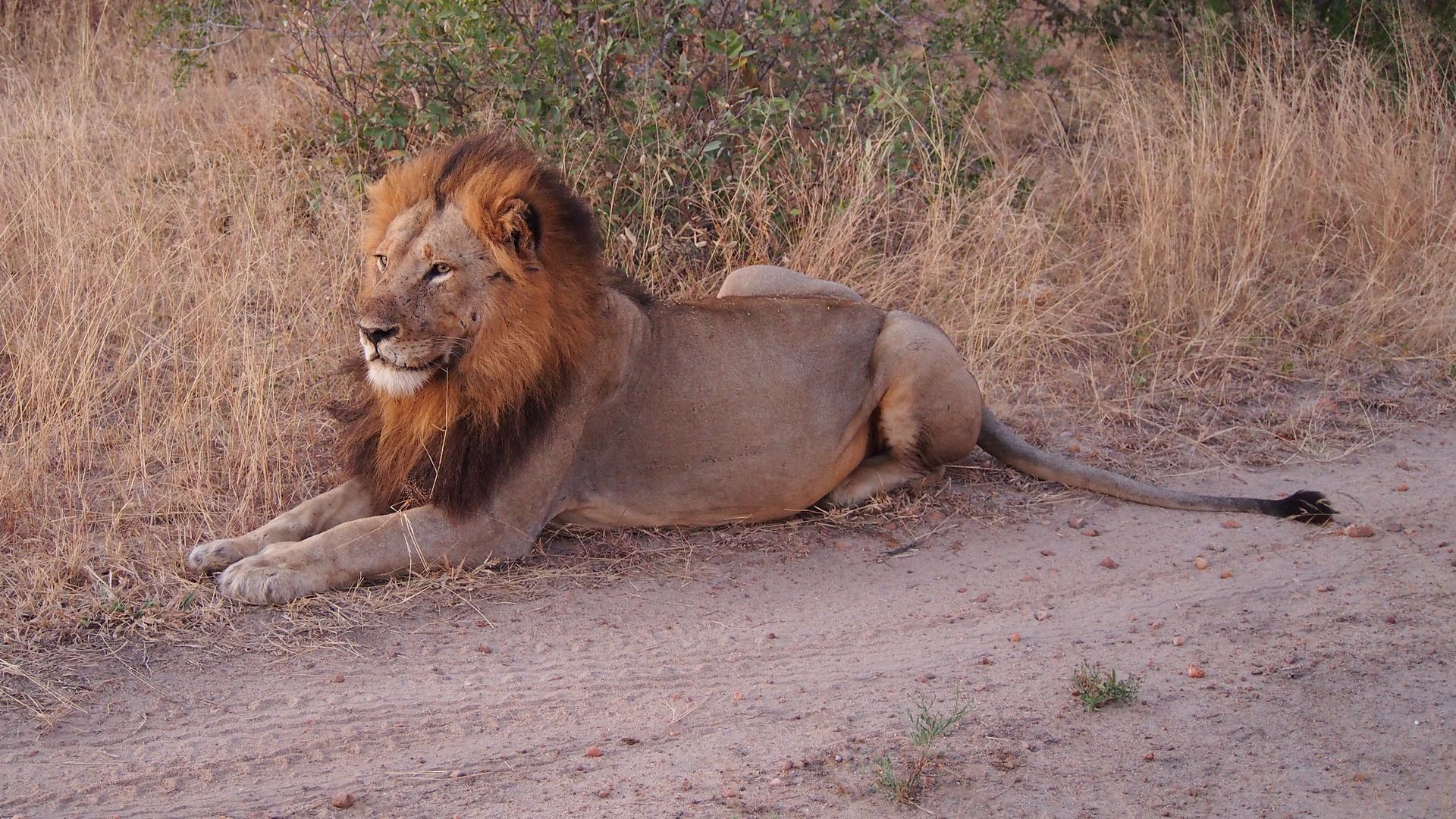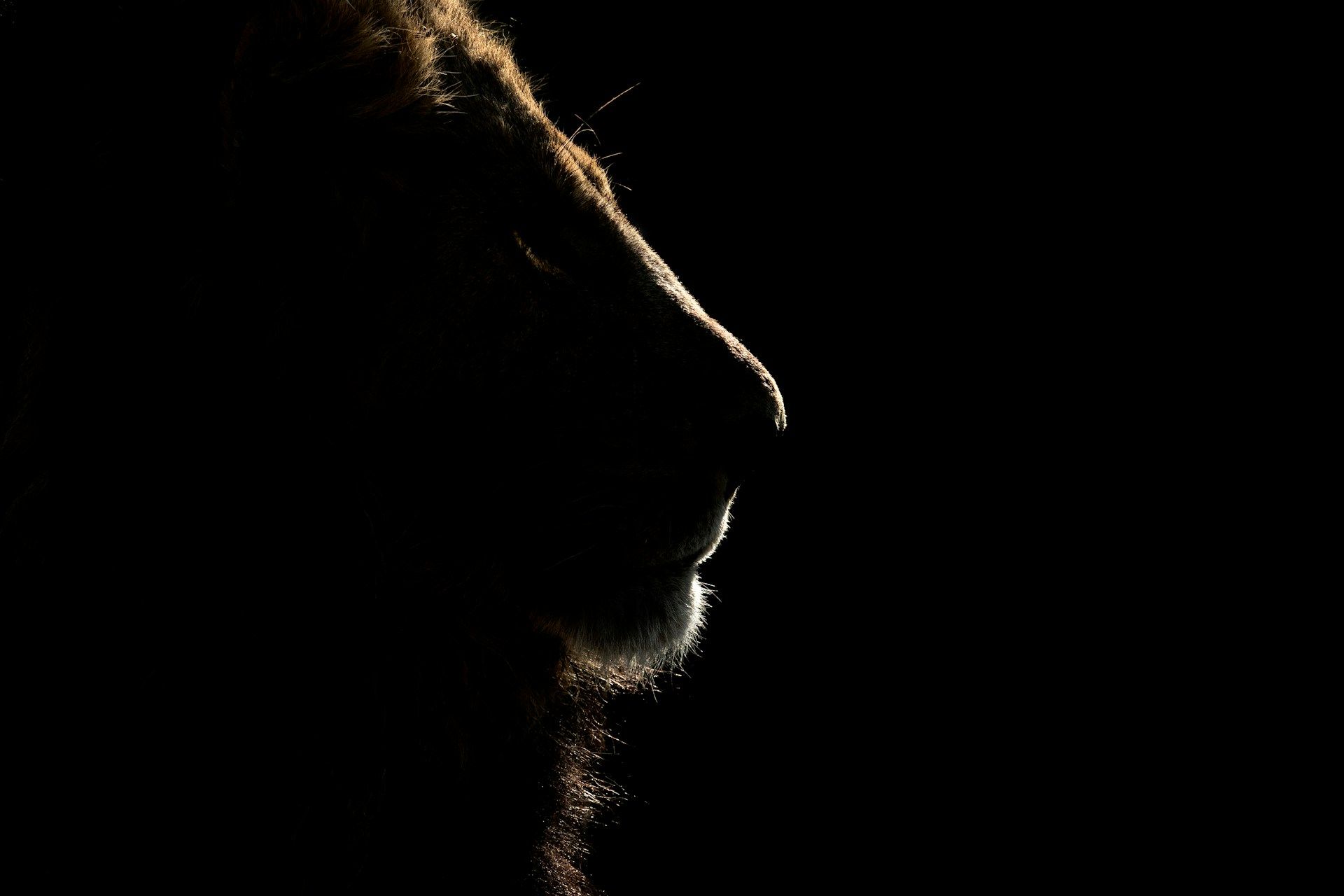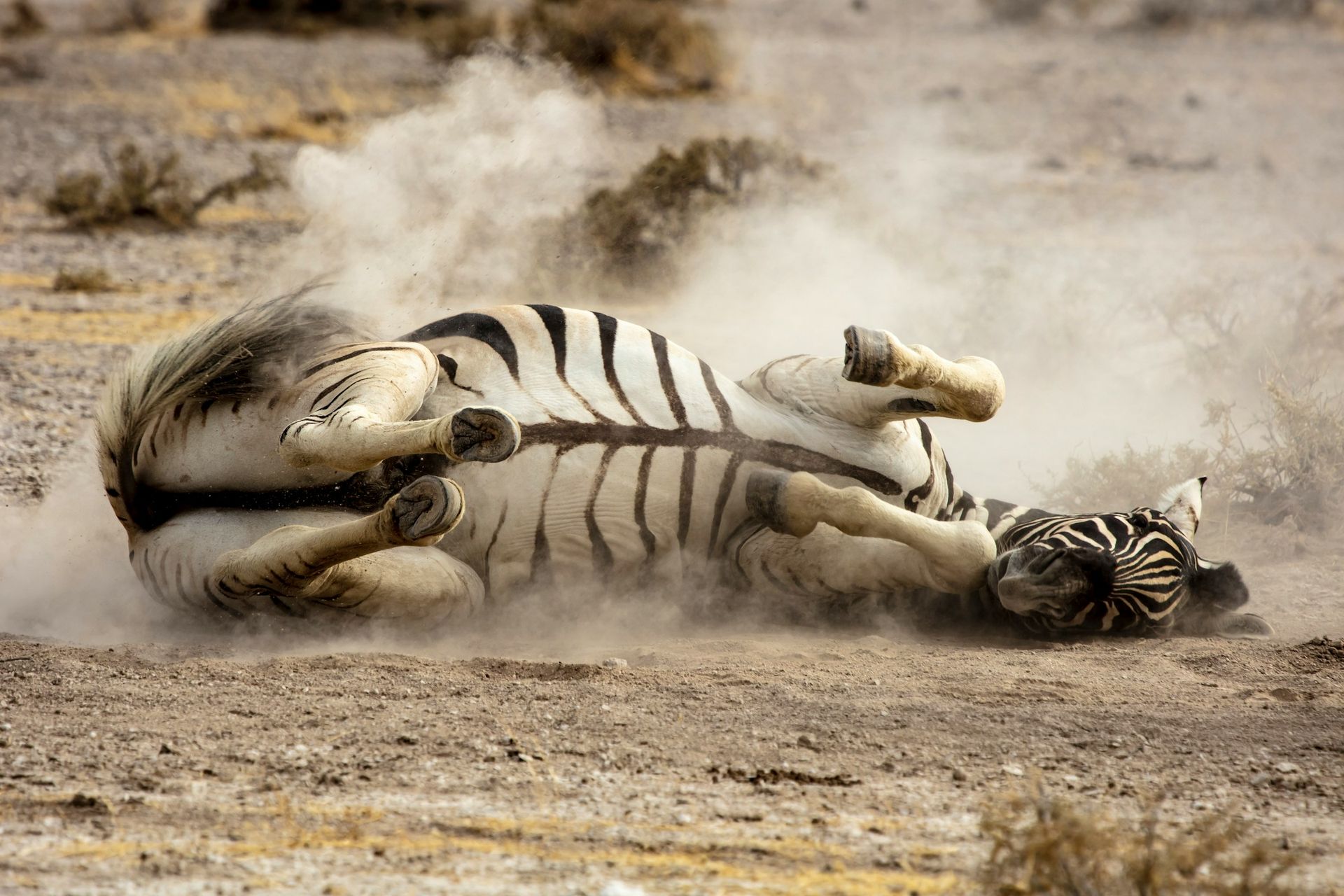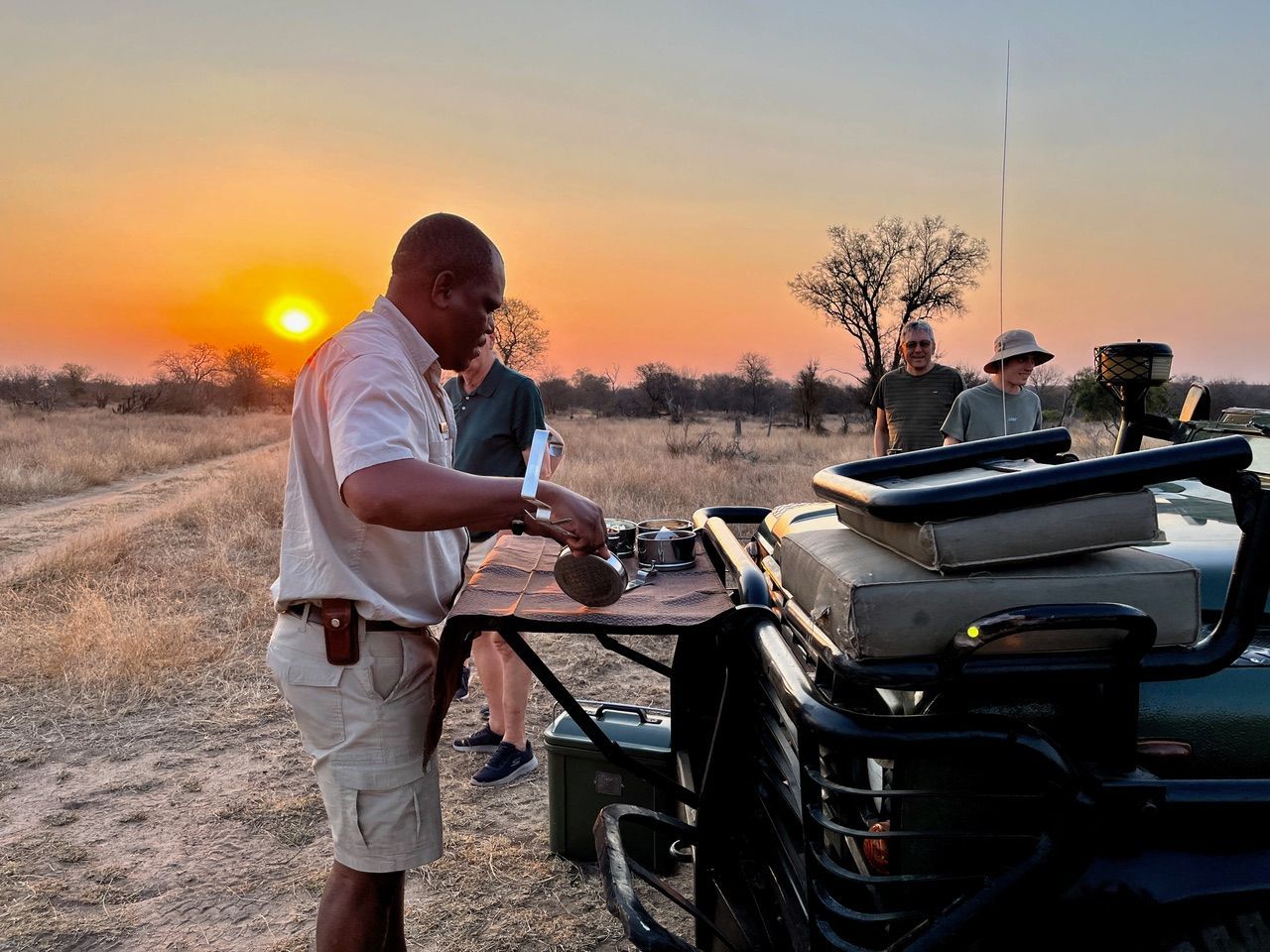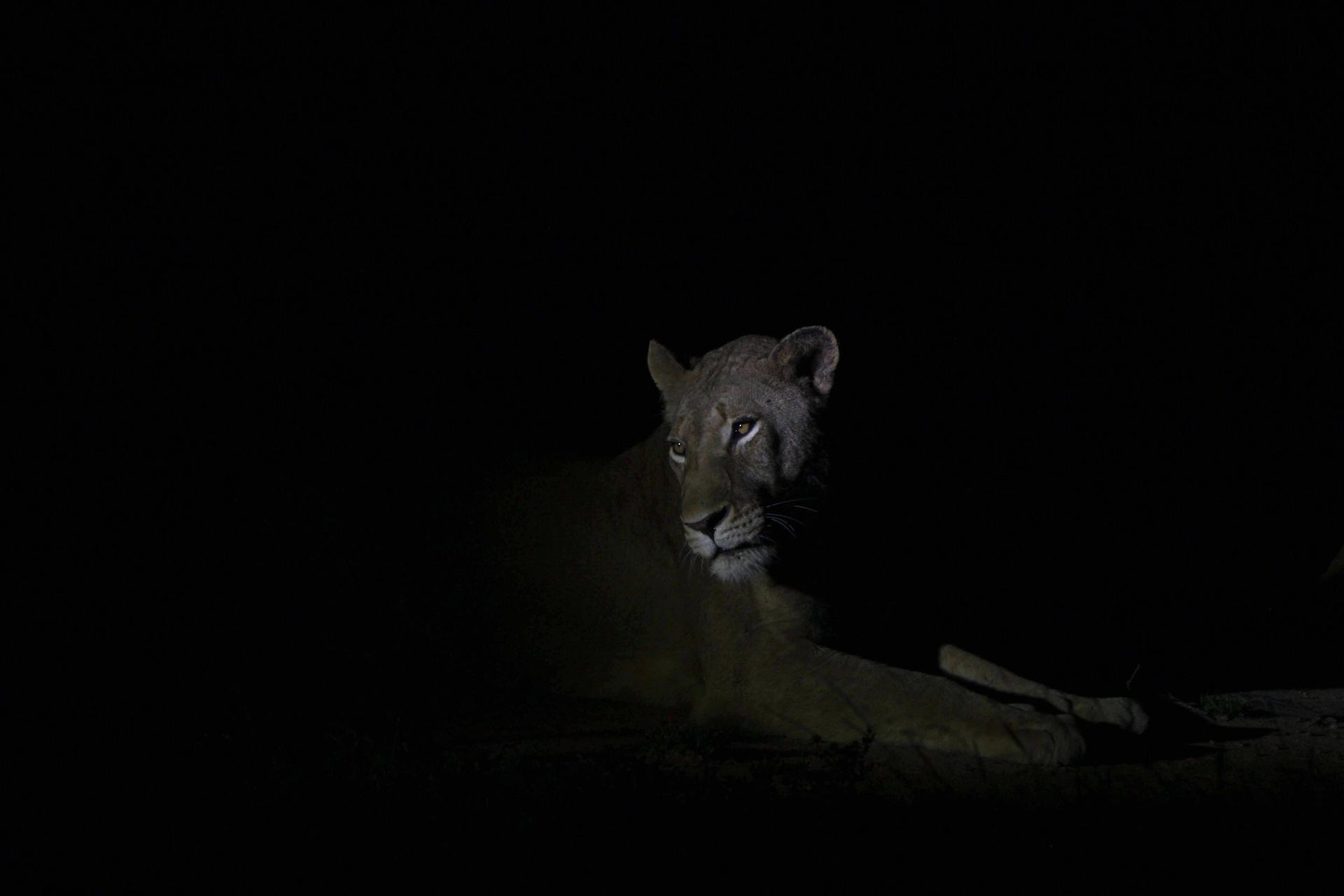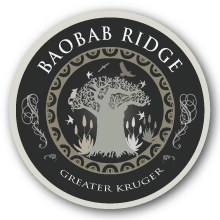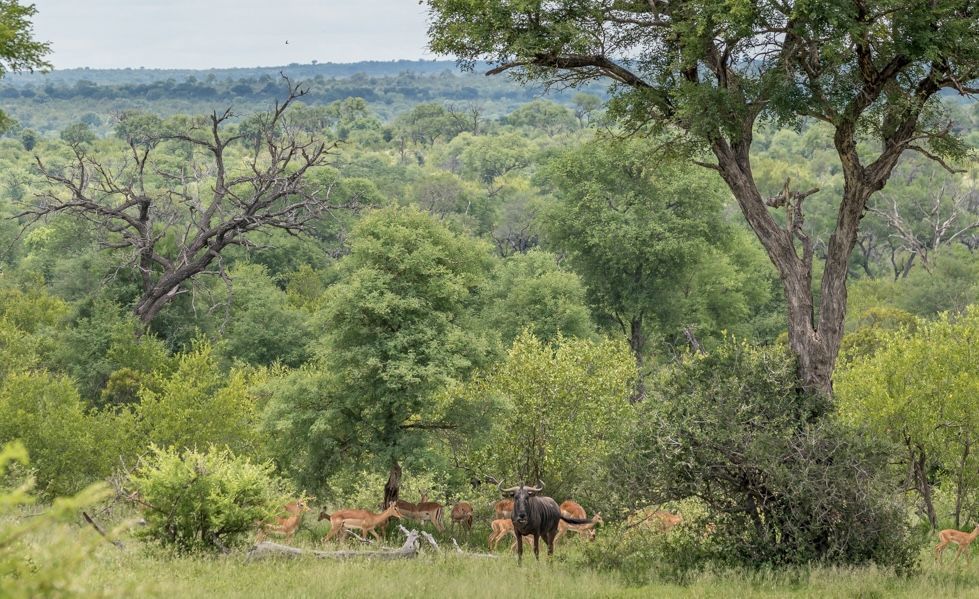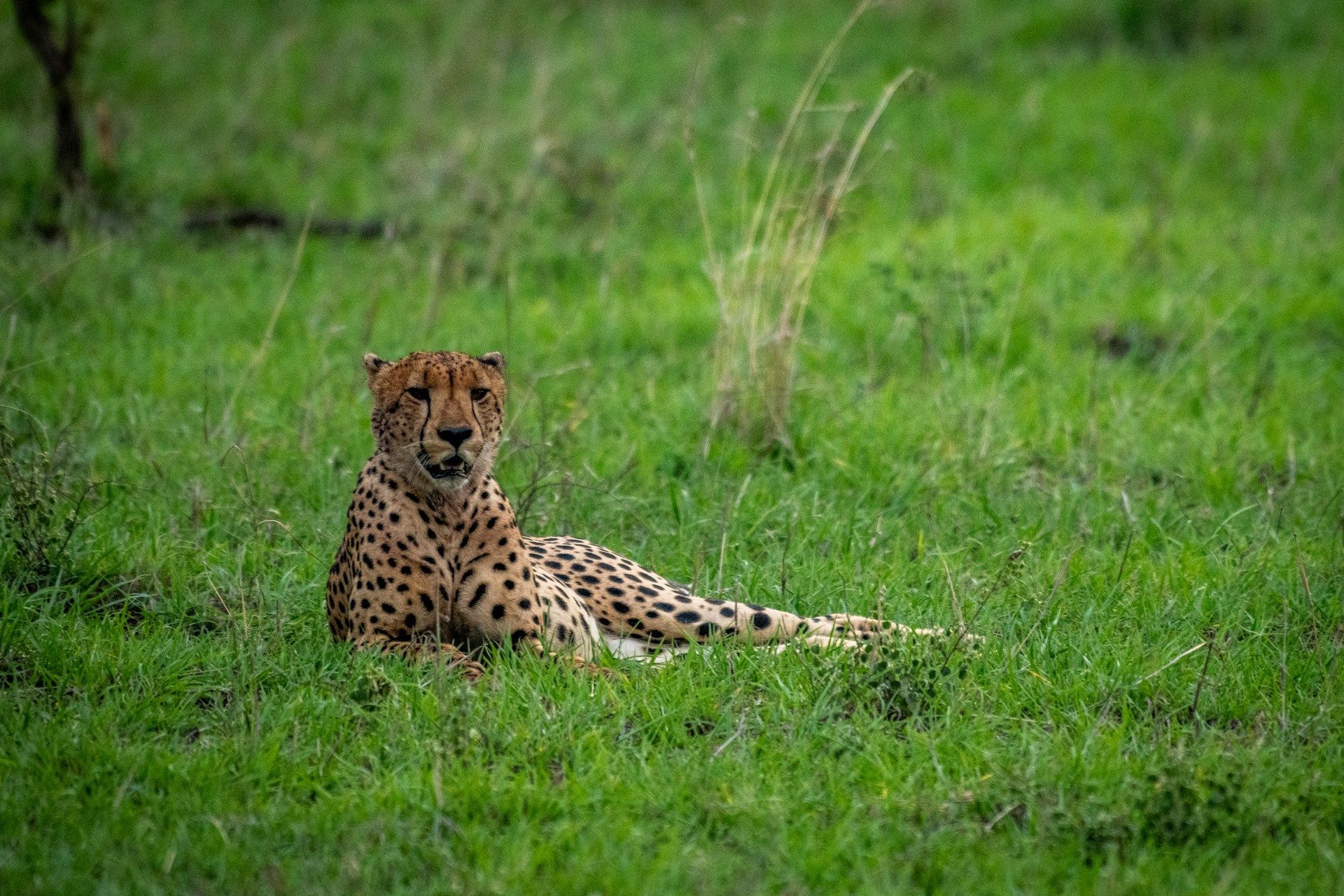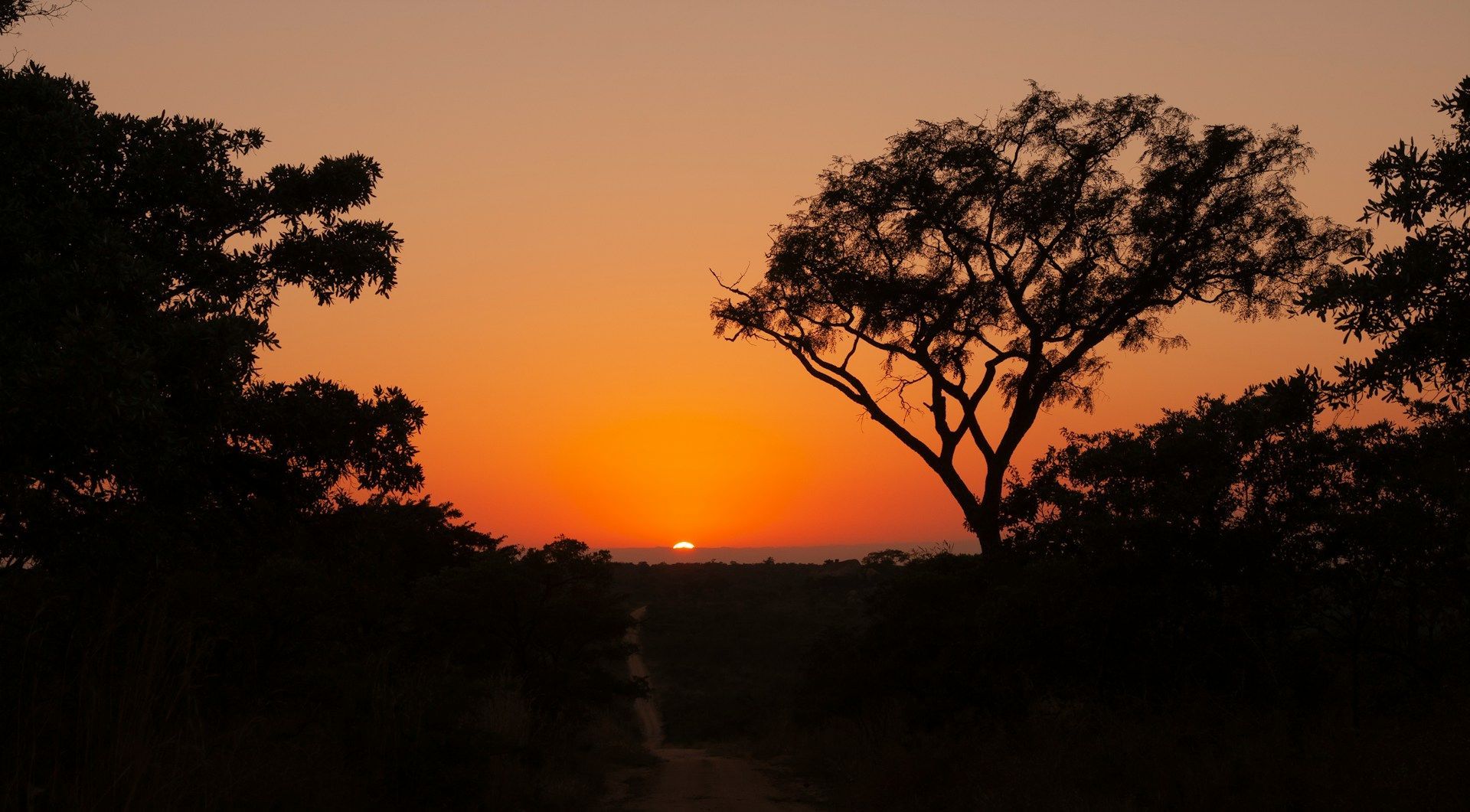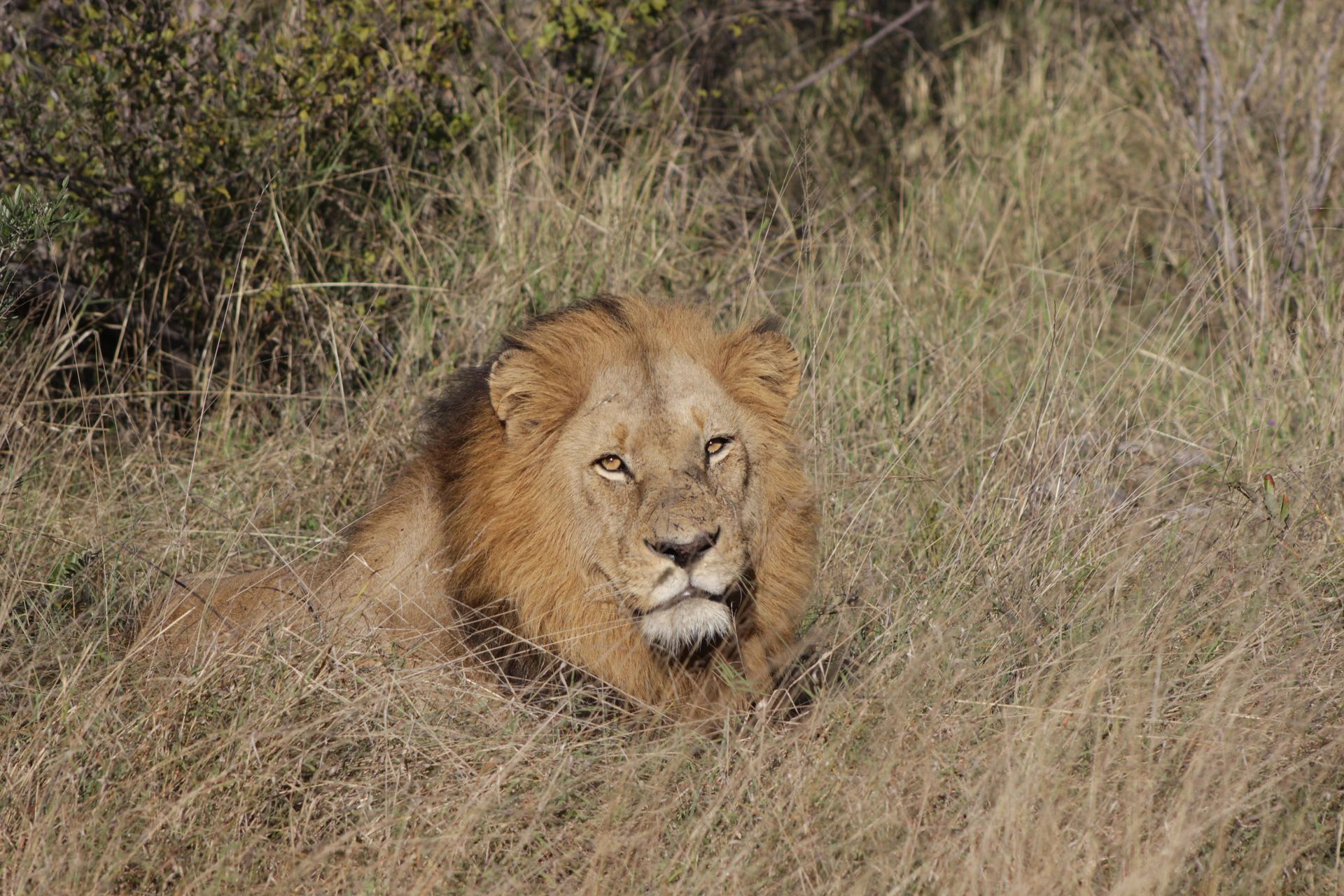Doing our bit for Planet Earth
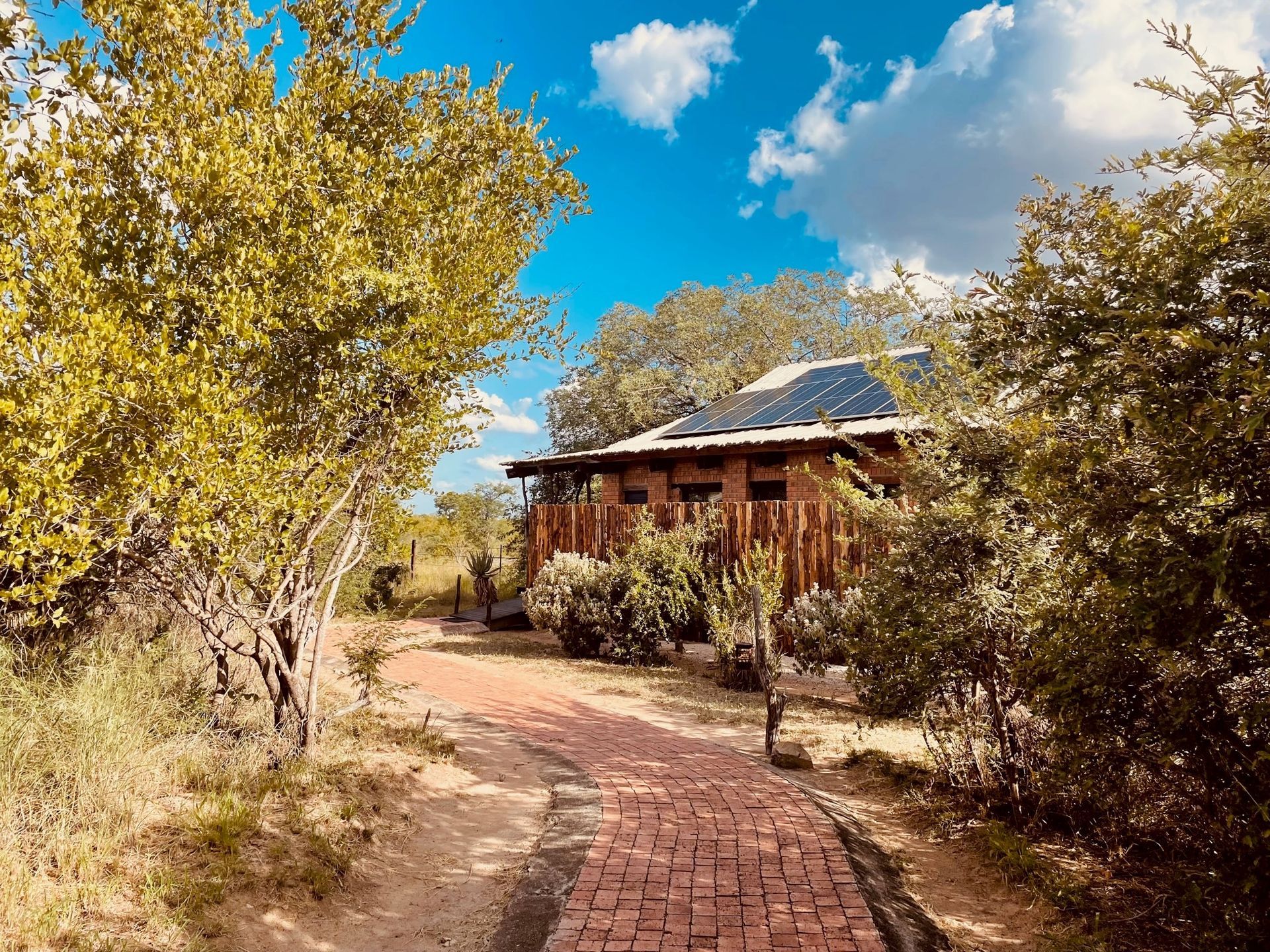
Our new solar system has finally taken us off-grid!
When we inherited the buildings and infrastructure that make up what is now Baobab Ridge, more years ago than we care to mention, we knew we had a lot of work to do to reduce the lodge's impact on the environment that our visitors come from all over the world to enjoy.
It's always hard and incredibly expensive to retrofit something that wasn't necessarily designed with being environmentally friendly or eco-efficient, so over the years we've had to bide our time and take small steps that reflect our commitment to our planet and the wonderful wilderness around us.
We recycle all of our solid waste and use water-wise shower heads and plumbing to reduce consumption where possible. We did away with single use plastics long ago and invested in our own reverse osmosis system for bottled drinking water, with gorgeous glass bottles on every table at mealtimes.
Of course, COVID19 put all our efforts to the test and almost knocked the wind out of our sails. We hung on in there and thanks to a good year in 2022 and recovery of our tourism numbers, 2023 has seen us get back on track with our plans for making Baobab Ridge as green as it can be. Which is why we are delighted to share the news that we finally have installed a brand-new solar system that's allowed us to come off-grid!
We've opted for a Victron solar installation that’s the Rolls Royce of sustainable power systems. The result is that each of our our eight cottages now has its own solar panels, 5kVA inverter and battery and the main buildings run off an array of 45 solar panels, three 15kVA inverters and one 40kVA battery!
Thank goodness we are no longer dependent on mains electricity and are running the whole lodge with completely renewable energy, partly because it means that we are not affected by South Africa's current energy crisis and the loadshedding that is having such a terrible impact on our economy, but mostly because this was always our intention as part of our commitment to reducing our impact and becoming as sustainable as possible.
Sustainability is not an easy path to tread, but we take it very seriously and do what we can to make sure that we contribute to the ethos of respecting both people and our planet. From a people perspective we began Baobab Ridge with an ethos of "family first", creating a welcoming, family orientated and open environment for our staff in the belief that by having a close-knit, happy, and committed team of people, our guests would benefit tenfold.
Over the years we have recruited mostly from the communities around the Klaserie with an emphasis on empowering women in the workplace so that they can in turn empower their families. The result is the team we always dreamed of and a wonderful work environment for everyone, which, as we anticipated, has a huge positive impact on our guests.
Our commitment to people and their future is also reflected in our support of Eco Children, a non-profit organisation initiated by the Klaserie Private Nature Reserve which focuses on hands-on environmental education and whole school development.
Operating in Limpopo and Mpumalanga, it works with some of the country's most severe social and environmental issues. By stimulating an interest in nature and improving learning environments, Eco Children strives to have a positive impact on environmental awareness and education amongst the youth in these areas, leading to better conservation and economic outcomes for South Africa.
Conservation efforts are also high on our list of priorities. We actively supporting anti-poaching through the K9 unit guest interactions that directly contribute to the unit and anti-poaching patrols in the reserve and the rhino dehorning programme, where guests can experience what goes into capturing and removing the horn of these precious creatures.
We also help one of our most endangered birds through the Associated Private Nature Reserves Southern Ground Hornbill Project, based in the Greater Kruger by sponsoring the installing of nest boxes that have increased breeding success by an average of 14%, slowing the decline of the species in the area.
